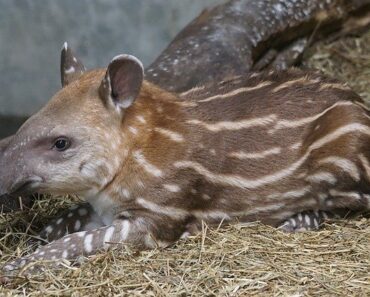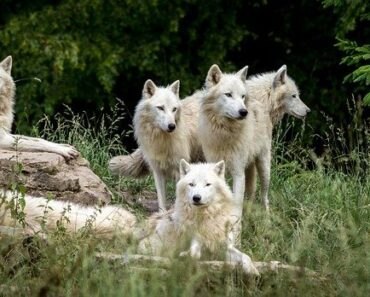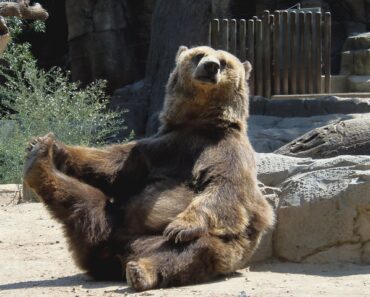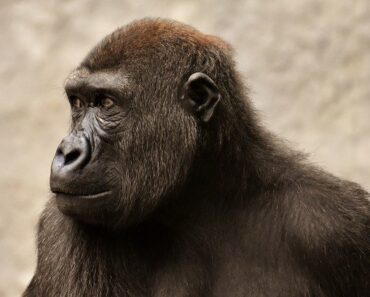
A carnivore, from the Latin carn (meat) and vovare (to devour), literally means “meat eater”. However, this word also refers to Carnivores, a name used in the classification of animal species. Although a capital letter separates them, there are many other subtleties surrounding these two homonyms. Discover the meaning of the word “carnivore” in both senses of the word!
The carnivore: a meat eater
The first meaning of the word “carnivore” refers to one of the three major diets of the animal kingdom. A carnivorous animal feeds exclusively on meat, and is often a predator, such as a tiger, that hunts prey for food. But not all animals eat the same type of meat. Some have indeed developed a specialization for fish, such as the otter or the eagle, then characterized as piscivores. Others, like the meerkat or some bats, are rather insectivorous. Finally, vultures or the Komodo dragon are scavengers: they feed on carrion and dead animals.
This meaty diet is to be distinguished from the omnivorous diet, as in the hedgehog or chimpanzee, which consume both animal and vegetable food. These animals adapt their diet according to the seasons, depending on the availability of food.
Finally, animals that feed only on plants are said to be herbivorous, such as the rhinoceros, manatee or giraffe. Many specializations are also found within this diet: frugivores, granivores, nectarivores or gumivores that feed on plant exudate.
The Order of Carnivores
There is, however, another meaning to the word “carnivore”. This time it is used to designate an Order of animals in the scientific classification of species: the Order of Carnivores (Carnivora). In order to classify animals, scientists rely on their genetics and anatomy. In this Order are thus grouped together different species that share common characteristics. It is currently divided into two suborders: the Felidae (including the Family Felidae), and the Caniformes (including the Family Canidae).
Carnivores not only carnivores
So what are the characteristics shared by all Carnivora members?
Despite the name “Order of Carnivores”, the common feature of these species is not the fact of having a meaty diet. Indeed, among the representatives of the Carnivores, some are omnivorous! This is the case of the fox which appreciates small rodents as well as fruits, the raccoon, the bear, or the giant panda! Although it feeds mainly on bamboo, it occasionally eats insects or small rodents.
Is not a carnivore who wants to
However, being a carnivore or omnivore is not a sufficient condition for membership in the Carnivores. These two diets are adopted by many other animals that are not members of this Order, such as certain Reptiles (alligator, snake, etc.) or certain Birds (owl, falcon, etc.). Indeed, to be classified as a Carnivore, one must be a Mammal. But here again, not all carnivorous Mammals are concerned. The killer whale, for example, belongs to another Order: that of Cetaceans. The Tasmanian Devil, for its part, is a member of the Dasyuromorphs, an Order of marsupial mammals.
A question of dentition
The real common point between all the Mammals of the Order of Carnivores is their dentition. However, contrary to popular belief, these are not canines but specialized teeth called carnivores, located at the bottom of the jaw. These sharp, pointed molars are present in all Carnivores and are useful for tearing meat before swallowing.
The canines, called fangs, are also useful to predators for tearing off meat, or when killing their prey. However, the scientific community does not consider these sharp teeth to be a characteristic of the Order of Carnivores. In fact, there are many other species that also have canines, but they have no role in their diet. This is the case of primates, such as the gorilla or the macaque, which use them mainly to impress an opponent, or the hippopotamus, which uses them in impressive fights to inflict deep wounds.
Now that the subtleties of the two meanings of the word “carnivore” no longer hold any secrets for you, you will easily agree that not all carnivores are Carnivores, and that not all Carnivores are Carnivores!






